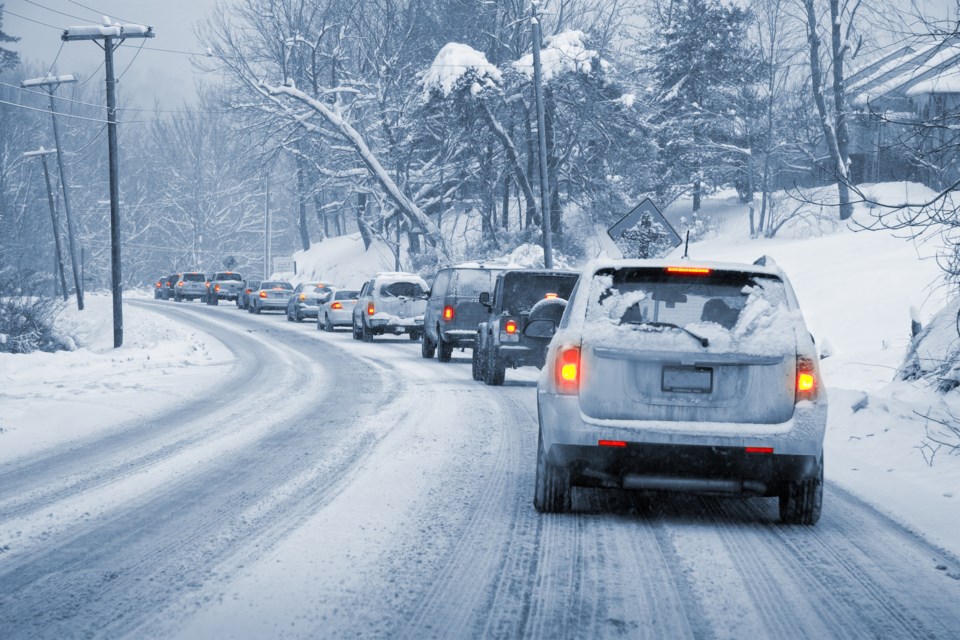Squamish, British Columbia, all of Canada: Let’s talk about the quality of driving.
I’ve lived in Canada since 2018, and I’ve always been amazed by the high insurance rates when it comes to insuring a vehicle and the poor reputation of drivers in this part of the world when it comes to safety, awareness and skill on the road.
I also think these two things are connected, and there are a couple of solutions that could help everyone.
My credentials are: I’ve owned my driver’s licence for 16 years and have never been in an accident or received a speeding ticket, here or in Australia, where you can be fined for driving three kilometres over the limit.
First up, some peeves about drivers:
Four-way stops. I have nothing against this road design feature, but rather a select few’s approach to wanting to wave everyone through, as if lacking the bravery to claim their right of way. Road rules are not about being polite; they are about being predictable so other drivers know what to expect. Never give up your right of way.
Merging on the highway. The on-ramp of a highway is meant for those merging onto the road to get up to speed. Nobody wins if you slow to a stop to wait for the right opportunity to merge, because traffic should be going fast enough that a running-start is a requirement, not a bonus.
When and how to merge. This applies to those entering a highway and those on it. When you want to move over into a new lane, you are required to match speed with the lane you’re entering, and make sure it’s clear. Throwing on a turn signal and going anyway is a recipe for disaster. Those already in the lane would also do well to make space if it’s clear the merging driver clearly has no grasp on the concept that two vehicles can’t occupy the same space.
Highways are losing lanes. When two lanes go into one lane at highway speeds, don’t take the 200m warning sign as a signal you should overtake. Many drivers don’t seem to grasp that when you are overtaking a vehicle in a lane that’s ending, they will have to merge. Into you.
Car parks. When navigating a carpark, don’t be the driver that gets up in other drivers’ space when they’re trying to manoeuvre. It’s the same concept as allowing people already on the bus to get off the bus before you get on: If you allow other drivers in a car park the space to get out of there, you will have more space to park your vehicle.
Speeding. Chill out, British Columbia.
What about some solutions? I’ve thought of a few over the years. These are extreme, but I think that the sweet spot is somewhere between them and whatever is happening right now, which I suspect is nothing.
Prevent parents from teaching their children to drive. This is an expensive one, but intuitively, if you are taught to drive by someone lacking in skill, you will lack skill. More needs to be done to ensure that new drivers get the right end of the stick.
Enforce regular testing. It makes little sense that when a new driver passes their test and gets a licence, they are never tested again unless they run afoul of the road rules in a big way. I say in a big way, because I’ve seen plenty of funky manoeuvres right in front of the RCMP and nothing ever seems to get pulled up. Life-long bad habits are baked in. If regular testing was enforced, once every few years for every driver (or even in a lottery system, like jury duty), maybe we’d have some more attentive drivers on our roads.
Now, these ideas are expensive. But when Canadians are constantly going on about the cost of living, taking a look at the long-term impact of a poor driving culture is a great place to start, because perhaps it will reduce the cost of insurance and registration down the line. It’s certainly a more appropriate response to cost of living pressures than giving out free money.




